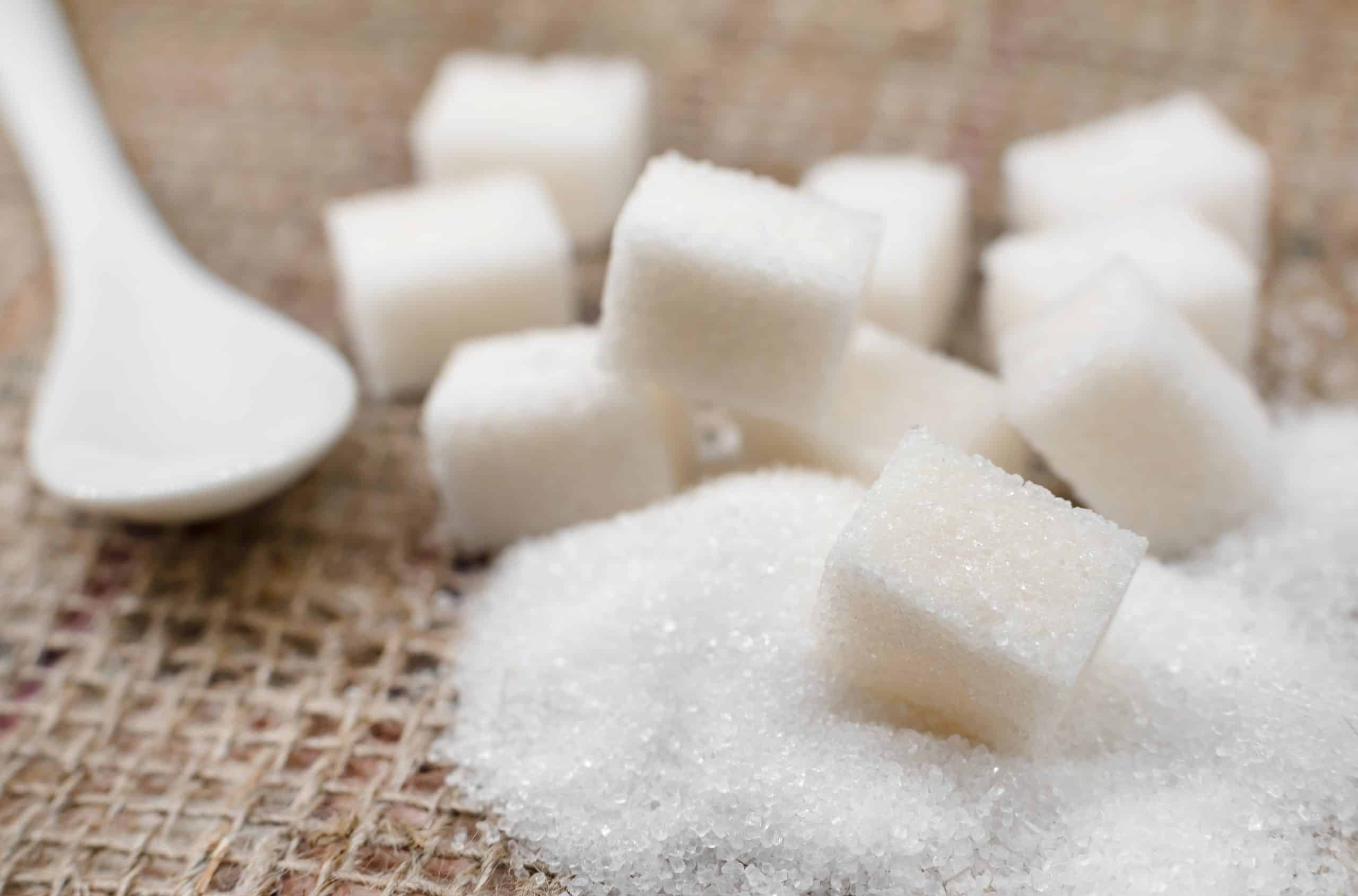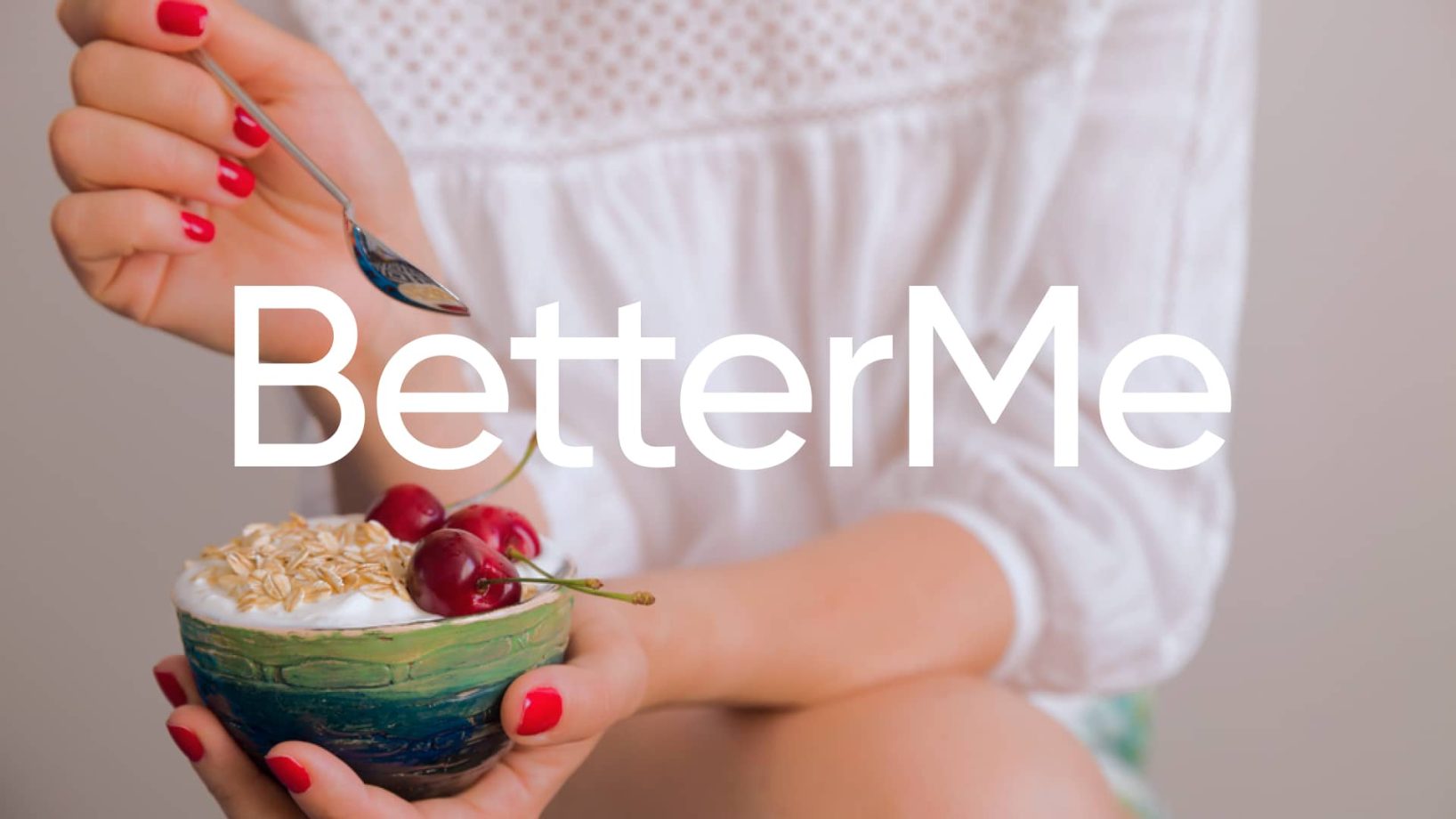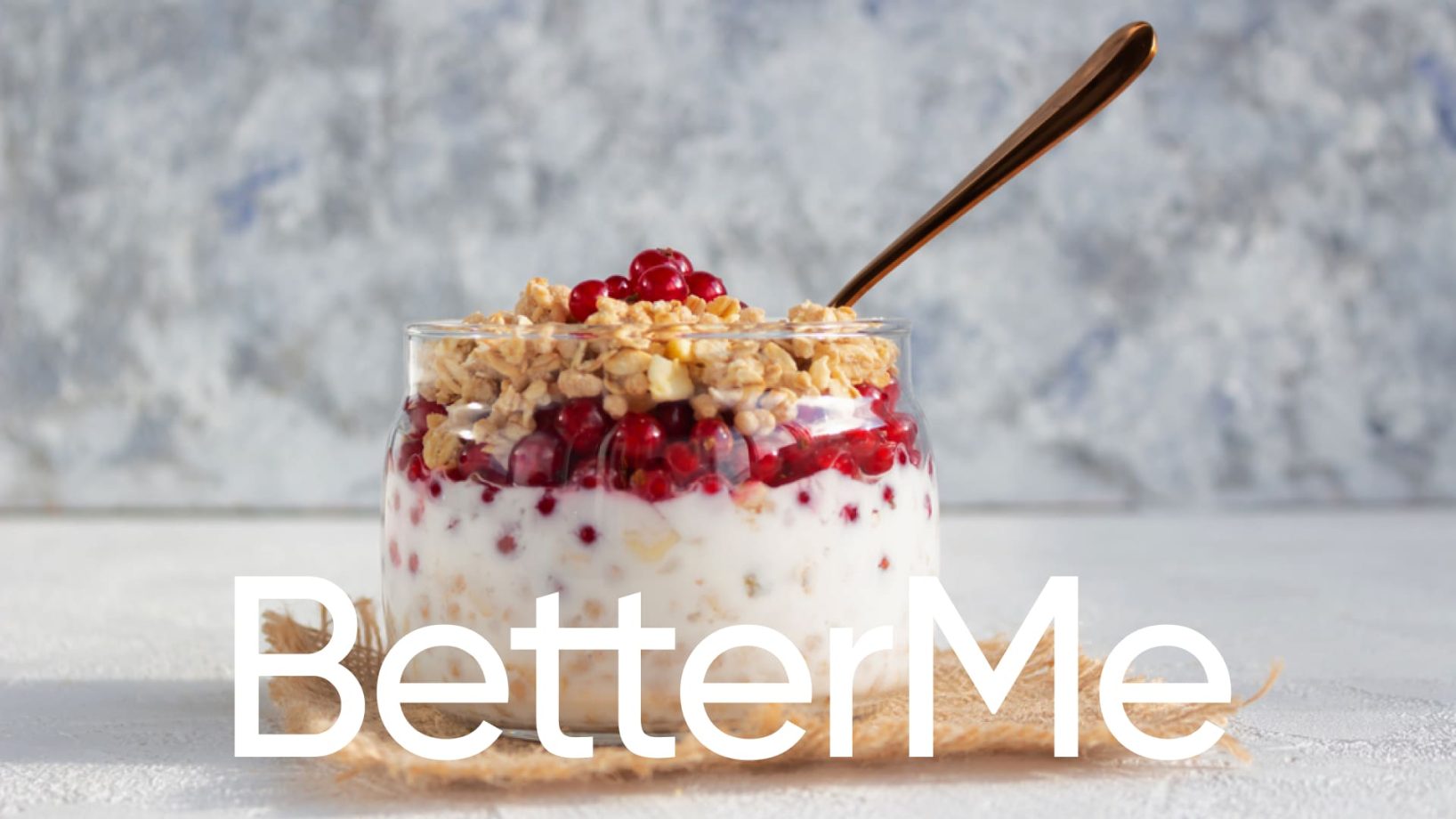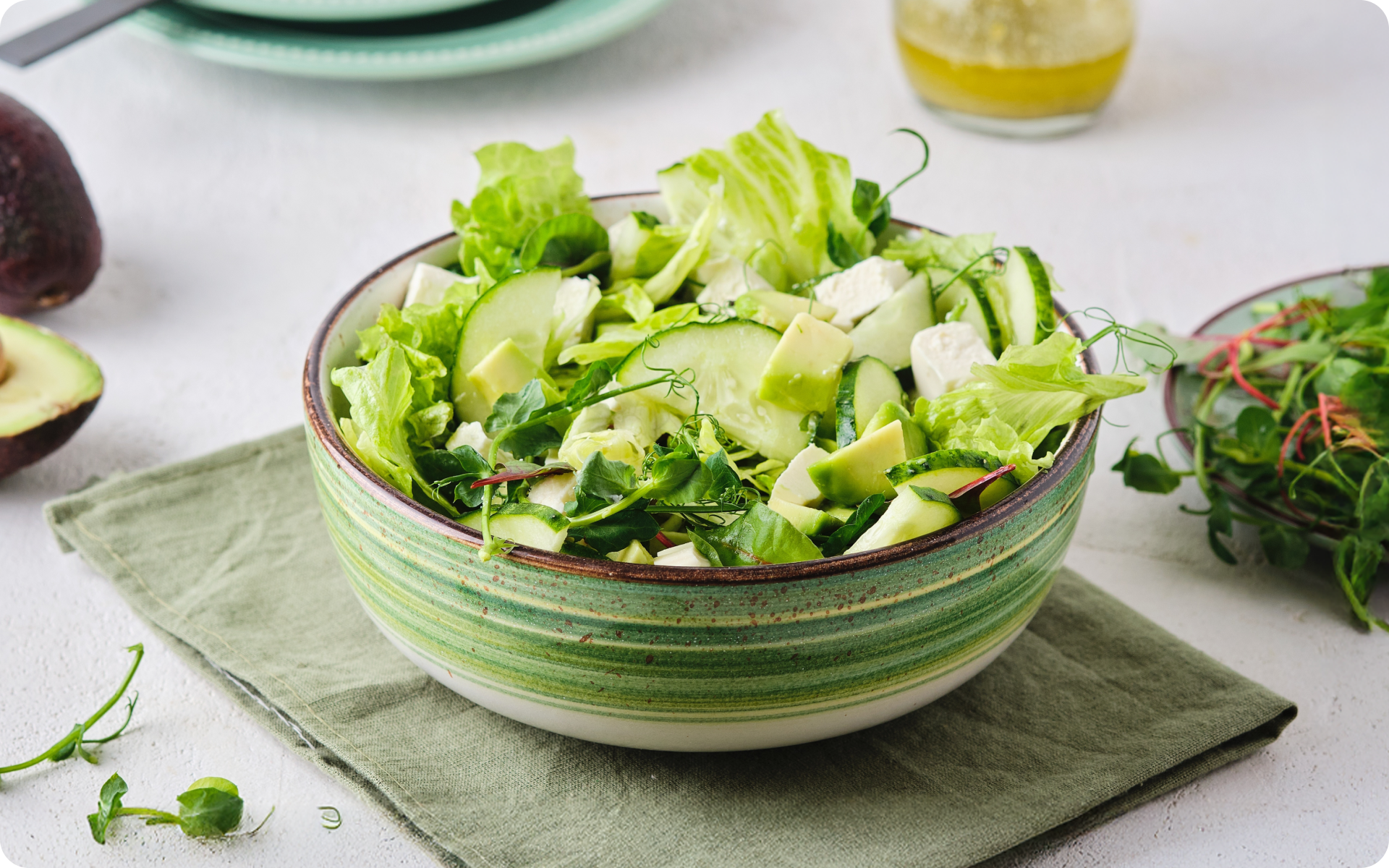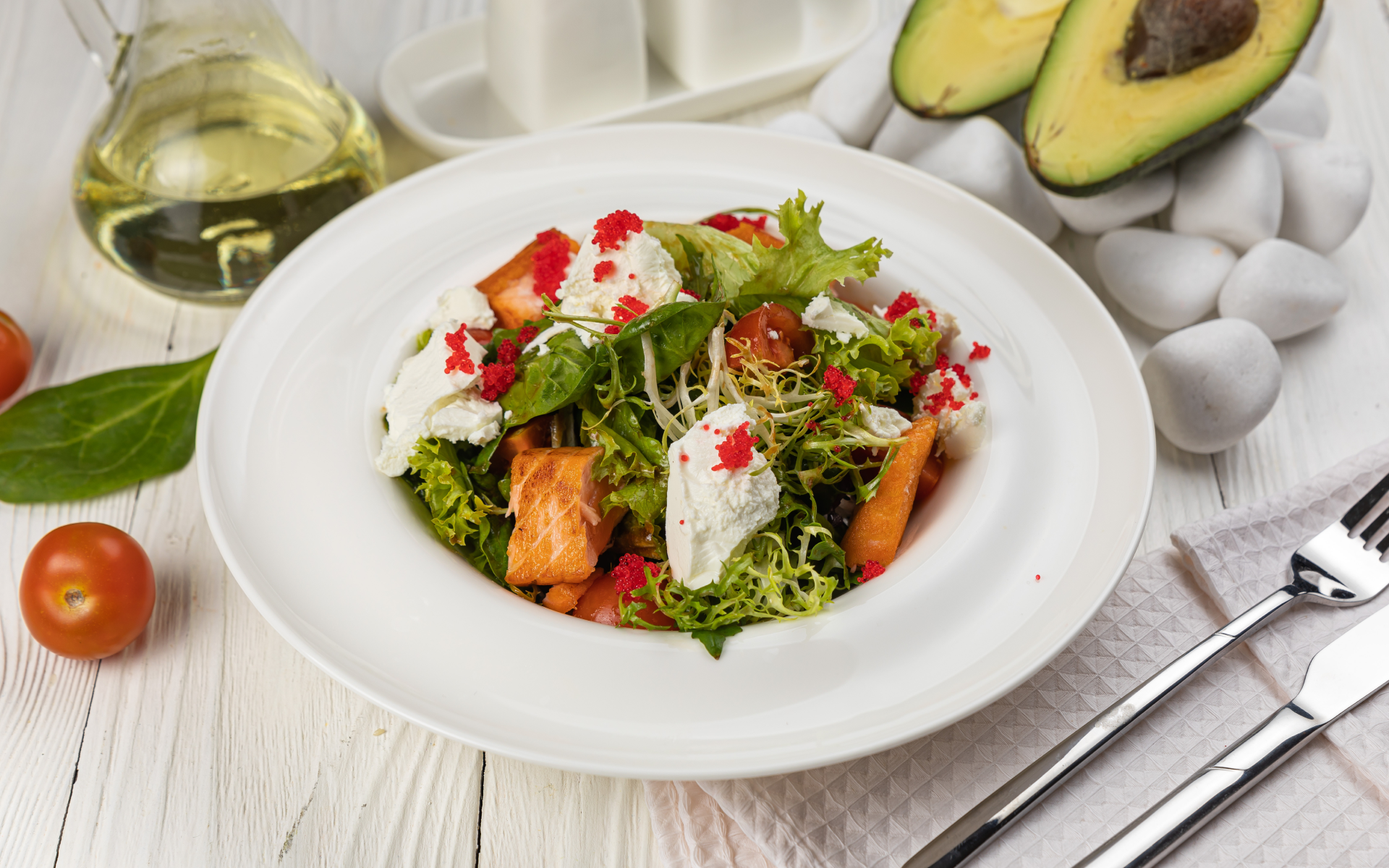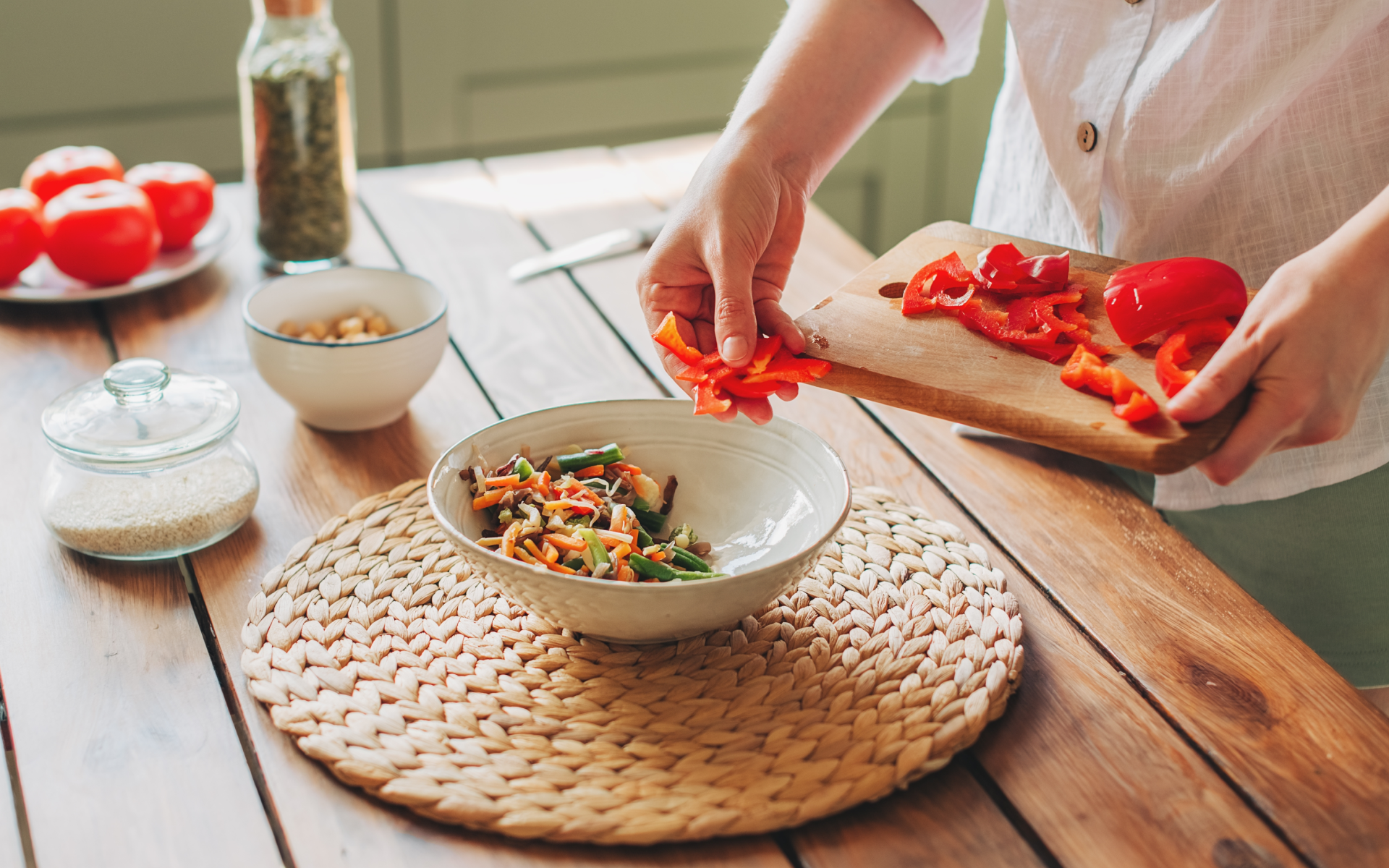Sugar isn’t only the sweet-tasting stuff that you sprinkle on your morning coffee or use when baking a cake; it also refers to a broad range of carbohydrates, from the simple sugars that are found in fruits to the complex carbs in whole grains.
Therefore, while navigating the keto diet, it may be confusing to know how to deal with sugar. This low-carb, high-fat diet strictly limits carbs, including those from sugar. The idea behind it is to force your body into a state of ketosis where it burns fat for energy instead of carbohydrates (5).
Does that mean you should completely cut sugar out of your diet while following a keto plan? Can you consume the healthier types of sugars, such as those found in fruit? Can you have added sugar, like that you need to sweeten your coffee? And if so, how much and what kind?
Here’s what you need to know about balancing sugar consumption while following a ketogenic lifestyle.
Can You Have Sugar on a Keto Diet?
You can consume sugar on a keto diet on one condition: you must stay within your daily carb limit.
Your daily carb limit is tied to which type of keto diet you’re following, and you usually have the following macros percentages (10):
Standard ketogenic diet (SKD)
This is an incredibly low-carb, moderate-protein, and high-fat diet. It typically contains 70% fat, 20% protein, and only 10% carbs (6). The maximum carb intake for this type of keto diet is usually around 50 grams per day.
Low-carb, high-fat (LCHF)
This diet is similar to the SKD, but allows for slightly more carbs. With this type of keto diet, you can consume up to 50-100 grams of carbs per day.
Cyclical ketogenic diet (CKD)
This diet involves periods of high-carb refeeds, usually one or two days a week, to help replenish glycogen stores in the body. For the rest of the time, you follow a standard keto diet plan. On CKD, your daily carb limit can go up to 150 grams on high-carb days.
Targeted ketogenic diet (TKD)
This diet allows for small amounts of carbs before and after workouts. The total daily carb limit generally ranges from 20-50 grams, depending on individual needs.
High-Protein Ketogenic Diet (HPKD)
This is similar to the standard ketogenic diet, but includes more protein. The ratio is often around 60% fat, 35% protein, and only 5% carbs (6). It’s suitable for people who want to emphasize their protein intake while remaining in ketosis. The daily carb limit is 50 grams or less.
Restricted Ketogenic Diet (RKD)
This is a specialized version of the diet that is primarily used by athletes and bodybuilders. RKD restricts both carbohydrates and calories to accelerate weight loss and fat burning while preserving muscle mass.
The carb and calorie limits are personalized based on individual goals and activity levels.
Well-Formulated Ketogenic Diet (WFKD)
This diet highlights the importance of getting the right kinds of fats, proteins, and carbs, rather than simply focusing on amounts. It emphasizes nutrient density and hydration, typically consisting of 70-75% fat, 15-20% protein, and 5-10% carbs.
The daily carb limit stays at 50 grams or less, with some carb sources being totally off-limits.
MCT Ketogenic Diet (MKD)
This approach is a variation of the standard ketogenic diet and uses fats from medium-chain triglycerides (MCTs) such as coconut oil or pure MCT oil.
This diet allows for a higher protein and carb intake, typically 55-60% of calories from fat (with half coming from MCTs), 30-35% from protein, and up to 15% from carbs.
As you can see, the daily carb limit varies depending on the type of keto diet you follow. This means that while sugar may be allowed on some versions of the keto diet, you must remain within your daily carb limit in order to maintain ketosis and reap the potential benefits of this lifestyle.
Intense sweat sessions, working weight loss tips, lip-smacking recipes come in one package with the BetterMe app. And all of it is at your fingertips, start transforming your life now!
How Much Sugar Will Ruin Ketosis?
The way ketosis works makes it difficult to provide an accurate estimate of the volume of sugar that will kick you out of ketosis. It varies from person to person and is dependent on factors such as exercise, metabolic health, insulin sensitivity, and muscle mass.
The most accurate way of determining your carb limit is by testing your ketone levels using a blood, breath, or urine test.
Generally, the more sugar you consume, the more difficult it will be for your body to remain in ketosis. This is because sugar triggers an insulin response that causes your body to switch from fat-burning to glucose-burning (2).
That being said, research gives some insight on how much sugar is needed to disrupt ketosis.
Nutritional ketosis, the state where your body is primarily burning fat for energy instead of carbs, typically requires the consumption of less than 50 grams of carbs per day. For most people, this means limiting sugar intake to approximately 20-25 grams per day.
However, some people may be able to consume slightly more sugar and still remain in ketosis. This is because factors such as physical activity, genetics, and metabolic health can affect how efficiently your body uses carbs. It’s best to experiment and find the balance that works for your individual needs.
Read more: Types of Sugar: Exploring the Sweet, the Substitutes, and the Hidden
What Sugars Are Bad on Keto?
Any sugar that puts you over your daily carb limit is not ideal on the keto diet. This includes added sugars that are found in processed foods, in addition to those that are found in fruits and some vegetables.
So, 1 gram of sugar on keto, from any source, is still 1 gram of sugar, and if you surpass your daily limit, this can kick you out of ketosis.
With that in mind, we must look at “bad sugars” from a health perspective, rather than simply focusing on their carb content.
There are many ways to classify sugars, but one of the most common differences is between added sugars and naturally occurring sugars.
Added Sugars
Added sugars are any sweeteners that are not naturally present in a food or beverage and are added during processing or preparation. These include white sugar, brown sugar, maple syrup, honey, agave nectar, and many others (9).
They are found in a variety of products such as soft drinks, candy, pastries, and sauces. They are sometimes referred to as “hidden” sugars due to the fact that they are often added to foods and drinks without us even realizing.
So, if you are wondering whether you can eat honey on keto, the answer is yes, but only in very small amounts.
Some names that actually mean “sugar” on an ingredient list include:
- High-fructose corn syrup
- Malt syrup
- Dextrose
- Fructose
- Sucrose
- Glucose
- Maltose
- Cane juice
- Evaporated cane juice
- Corn sweetener
- Crystalline fructose
- Fruit juice concentrate
- Molasses
- Sorghum syrup
- Turbinado sugar
- Barley malt
- Caramel
- Maltodextrin
- Invert sugar
- Tapioca syrup
- Sugar beet syrup
- Muscovado sugar
- Corn syrup solids
- Golden syrup
- Rice syrup
- Treacle
- Date sugar
- Panela
Consuming too much added sugar has been linked to an increased risk of several health issues such as obesity, heart disease, and type 2 diabetes (7).
Whether you’re looking to simply pep up your fitness routine, jazz up your diet with mouth-watering low-calorie recipes or want to get your act together and significantly drop that number on your scale – BetterMe app has got you covered! Improve your body and revamp your life with us!
There’s also evidence that excessive added sugars may affect gut microbiome, increase inflammation and oxidative stress in the body, and contribute to insulin resistance (4).
For those who are asking “can I really not add sugar to my tea during keto?” there are artificial sweeteners that have little to no impact on blood sugar, and they can be used in moderation while still maintaining ketosis. These include stevia, erythritol, monk fruit extract, xylitol, and sucralose.
There is also some controversy regarding the inclusion of artificial sweeteners in the keto diet. While they technically contain zero carbs, some research has suggested that they may still elicit a metabolic response, which some fear will affect weight loss (8).
As with every aspect of the keto diet, it’s best to listen to your body and experiment with what works for you.
We demonstrate how to use these sweeteners in our keto cinnamon roll recipes article.
Naturally Occurring Sugars
Naturally occurring sugars are found naturally in foods such as fruits (fructose), starchy vegetables (glucose), and dairy products (lactose). These types of sugars are not considered “bad” health-wise, as they are often accompanied by other beneficial nutrients and fiber that help slow down their absorption (1).
Keto fruits, such as berries, are a good example of how sugar can be consumed in moderation on the keto diet. However, you still need to count the carbs from these sources as part of your daily limit.
When you are on a strict keto diet, it’s advisable to limit or completely avoid added sugars while also keeping a close eye on your overall sugar intake (including naturally occurring sugars). This will help you stay in ketosis and maintain a healthy balance of nutrients in your diet.
If you have a sweet tooth, our piece on keto snacks has several options you may find helpful for satisfying cravings.
Read more: Banana Bread Recipe (No Sugar): 6 Tasty Options, Including a Vegan Recipe
The Bottom Line
Some forms of sugar may be allowed on the keto diet, but it’s important to always keep track of your daily carb limit and choose your sources wisely. Prioritizing nutrient-dense whole foods and avoiding added sugars can help you reap the many benefits of this low-carb, high-fat diet.
DISCLAIMER:
This article is intended for general informational purposes only and does not serve to address individual circumstances. It is not a substitute for professional advice or help and should not be relied on for making any kind of decision-making. Any action taken as a direct or indirect result of the information in this article is entirely at your own risk and is your sole responsibility.
BetterMe, its content staff, and its medical advisors accept no responsibility for inaccuracies, errors, misstatements, inconsistencies, or omissions and specifically disclaim any liability, loss or risk, personal, professional or otherwise, which may be incurred as a consequence, directly or indirectly, of the use and/or application of any content.
You should always seek the advice of your physician or other qualified health provider with any questions you may have regarding a medical condition or your specific situation. Never disregard professional medical advice or delay seeking it because of BetterMe content. If you suspect or think you may have a medical emergency, call your doctor.
SOURCES:
- Are certain types of sugars healthier than others? (2019, health.harvard.edu)
- Biochemistry, Ketogenesis (2023, ncbi.nlm.nih.gov)
- Consumer Reports of “Keto Flu” Associated With the Ketogenic Diet (2020, frontiersin.org)
- Excessive intake of sugar: An accomplice of inflammation (2022, frontiersin.org)
- Ketogenic Diet (2023, ncbi.nlm.nih.gov)
- Ketogenic diets: Boon or bane? (2018, ncbi.nlm.nih.gov)
- Relationship between Added Sugars Consumption and Chronic Disease Risk Factors: Current Understanding (2016, mdpi.com)
- The Impact of Artificial Sweeteners on Body Weight Control and Glucose Homeostasis (2021, frontiersin.org)
- Total, Added, and Free Sugars: Are Restrictive Guidelines Science-Based or Achievable? (2015, mdpi.com)
- Types of ketogenic diet (2019, diabetes.co.uk)
